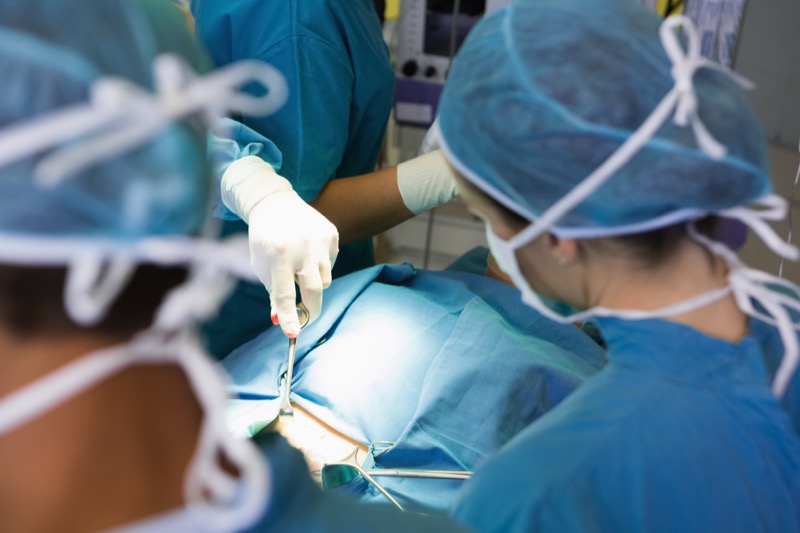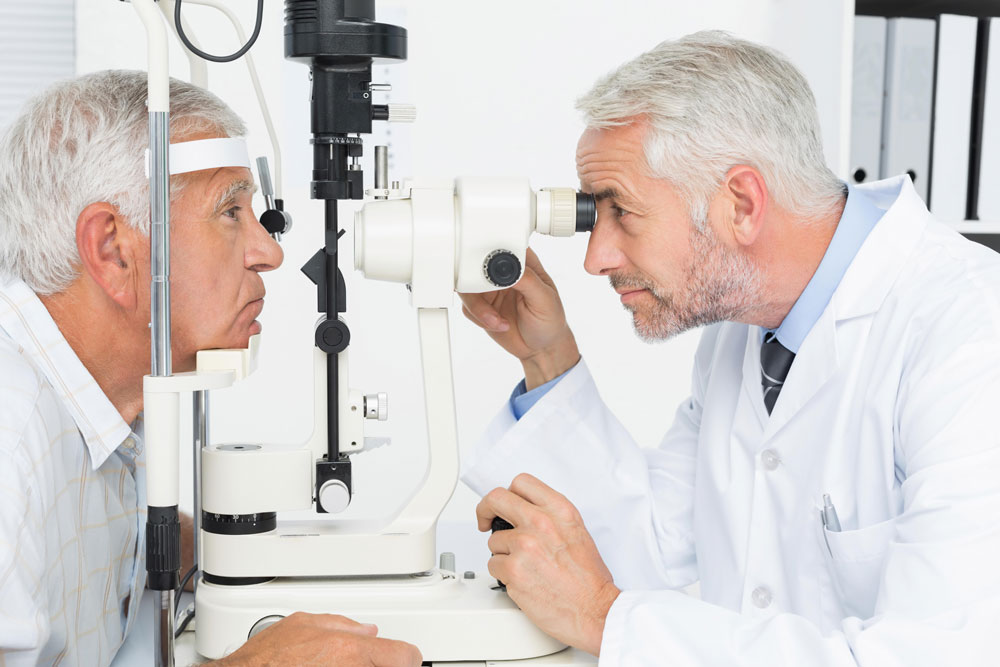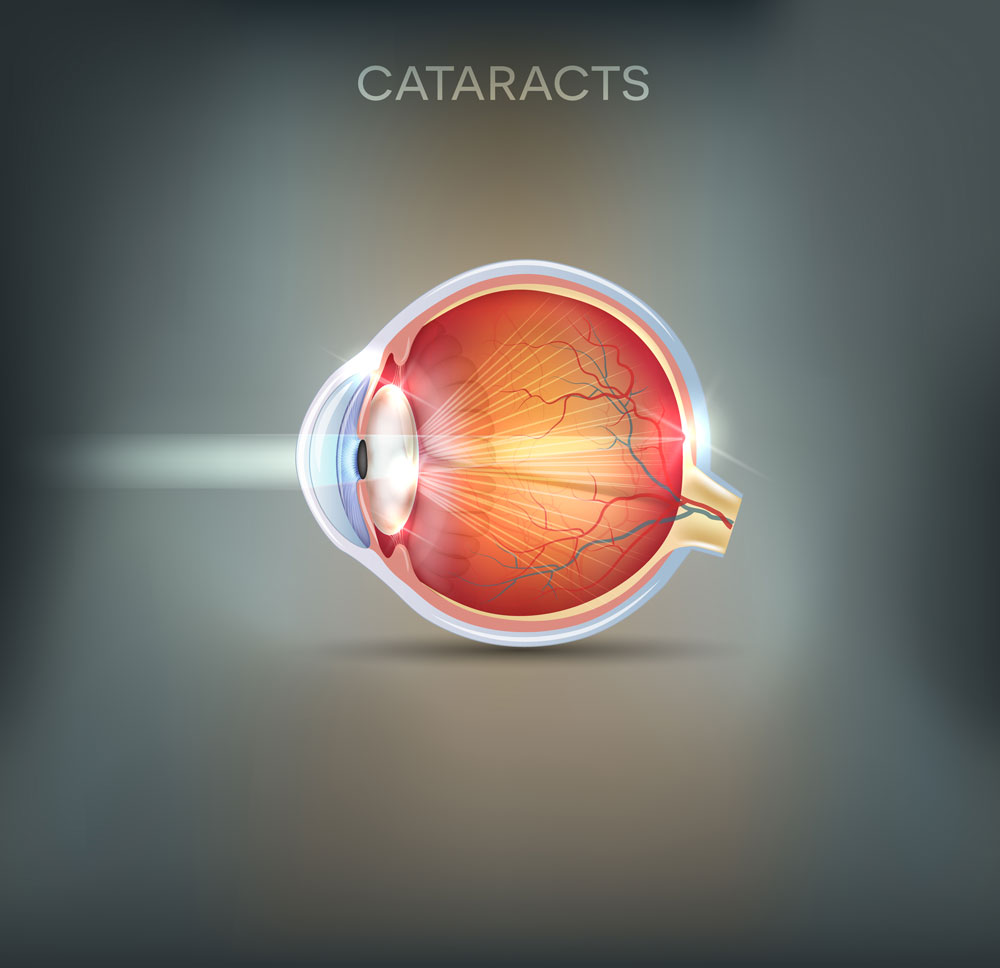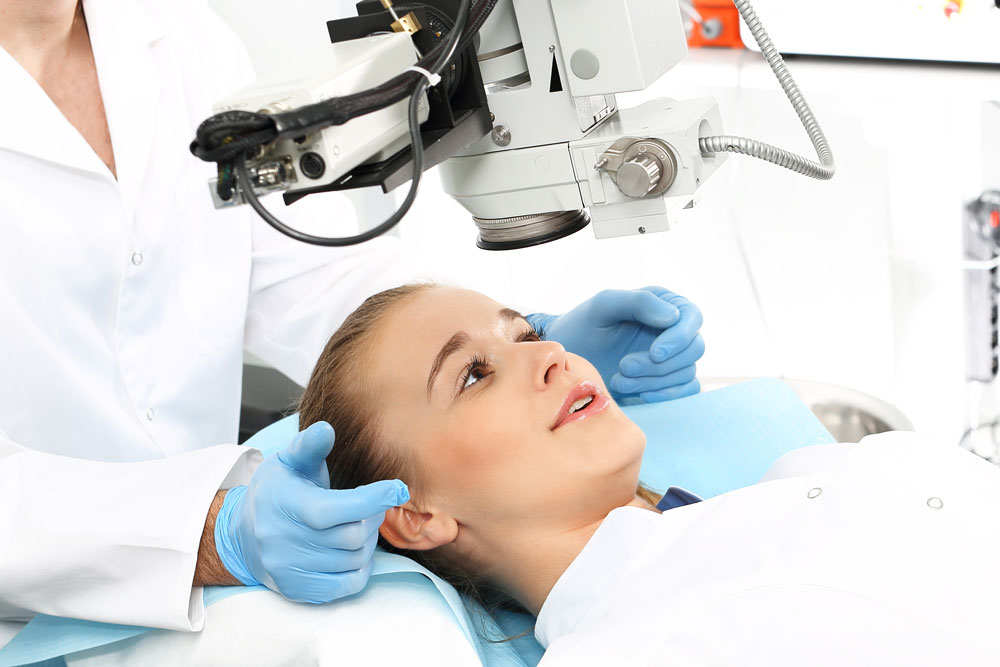
After cataract surgery, there are a few simple things you can do to speed your recovery. None of these things are complicated or difficult, and most are common sense.
Cataract surgery is very common and most people say they are extremely pleased with the operation. The healing process, which usually takes several weeks, is straightforward and painless.
Cataracts cause the lens of the eye to become opaque, leading to blurred vision. They can occur in people of all ages but older people are more likely to get them. The good news is that specialist surgeons can perform a simple operation to restore your vision.
Many of our patients elect to have a specialty lens placed in the eye which can correct their astigmatism, and nearsightedness.
There is no need for a general anaesthetic. Some surgeries last as little as 10 minutes. Most operations are performed on people as outpatients. This means that after the operation you can go home.
For the first few hours you should wear an eye cover to protect the eye and keep it clean. Many patients say they can actually see better within one or two days. The entire healing process is usually over in a matter of weeks.
NEW JERSEY EYE CENTER
The New Jersey Eye Centre is one of the country’s premier eye care facilities.
Our “Master surgeons” perform cataract operations at the New Jersey Eye Center in Bergenfield. The surgeries they perform have a very high success rate. Most patients treated see significantly better following their cataract surgery, even as early as the first day. Many of the patients say having the operation was one of the best decisions they ever made.
The smiles on people’s faces after they realize the operation has been a success are a wonder to behold.
You can expect your vision to be blurry at first, but as you heal your vision becomes clearer each day. The antibiotic eye drops prescribed by your surgeon are important as they help prevent infection.
AFTER CATARACT SURGERY
Immediately after cataract surgery, which is generally painless, you may feel some minor discomfort. Your eye may feel itchy or sticky, but you should not rub it. You may have a slight headache, and there may be slight bruising around the eye. You may also experience a little discomfort looking at bright lights. Taking an over-the-counter painkiller may be appropriate.
While all patients are different, these symptoms are normal and usually pass very quickly.
After cataract surgery, patients should take eye drops for a few weeks. They should refrain from taking strenuous exercise or bending over a lot, as this puts extra pressure on the eye. Surgeons do not recommend lifting heavy objects in the first few days for the same reason.
You should also avoid rubbing your eye. Keep soap and shampoo out of the eye. Avoid steamy areas. Keep out of the swimming pool for a few weeks. And don’t play sports where there is a risk someone or something could knock your eye.
DON’T DRIVE HOME
After the operation to remove the cataract, patients should not try and drive home. Someone should accompany them to the surgery and take them home afterwards. But typically most people can resume driving – even work – very soon after surgery. You don’t have to go home with a patch on with our cataract surgery.
Your surgeon will see you again the day after cataract surgery. He or she will explain the need for eye drops and how to administer them. You will also be given a number to phone if you feel unwell, or if you experience pain.
We were the site of the first, our patient surgery center in the Northeast and the first Medical approved cataract surgery center. We have been continuously performing out patient cataract surgery since 1978, and have performed tens of thousands of successful cataract procedures. We participate with Medicare and almost every Insurance plan.
A further visit to the surgeon usually takes place around three weeks later, depending on the progress of your healing. Within a month, most patients are totally healed.





